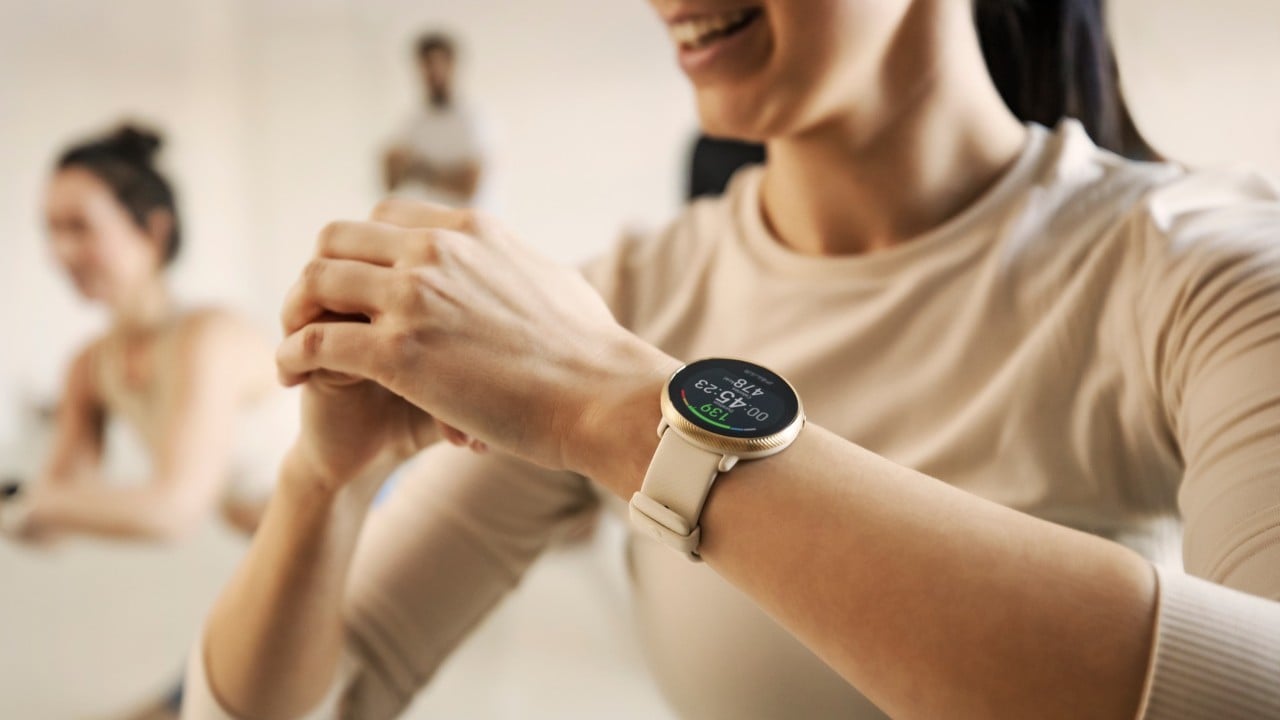Consumers should not rely on smartwatches to track their fitness levels for medical purposes, Hong Kong’s consumer watchdog has warned, after a test showed deviations of data exceeded as much as 74 per cent.
Advertisement
The Consumer Council revealed on Thursday that three models out of 44 tested smartwatches and fitness trackers which were locally available had deviations of between 59 per cent and 74 per cent when counting steps taken by the user, which may be caused by including minor hand movements.
The heart rate measurement also varied, with two models showing deviations of over 11 per cent in most activities and as much as 21 per cent during cycling.
“The health and fitness data collected by smartwatches or fitness trackers was for estimation only and not necessarily accurate. Thus, they are suitable only for reference and not for medical use,” said Chung Chi-yung, the chairman of the council’s Committee on Research and Testing.
The test, conducted by a European laboratory, included 38 smartwatch models with prices ranging from HK$199 to HK$9,799 (US$25 to US$1,255) and six fitness trackers priced from HK$139 to HK$498.
Advertisement
Three assessors wore a sample of each model during various activities, including resting, low-intensity walking, high-intensity running and cycling. The recorded data were then compared against those obtained from precision instruments used at the same time.
The test found that most models performed well in estimating walking and running steps, with deviations not exceeding 7 per cent. Among them, 25 smartwatch models had deviations of no more than 3 per cent, and were lower during running.

